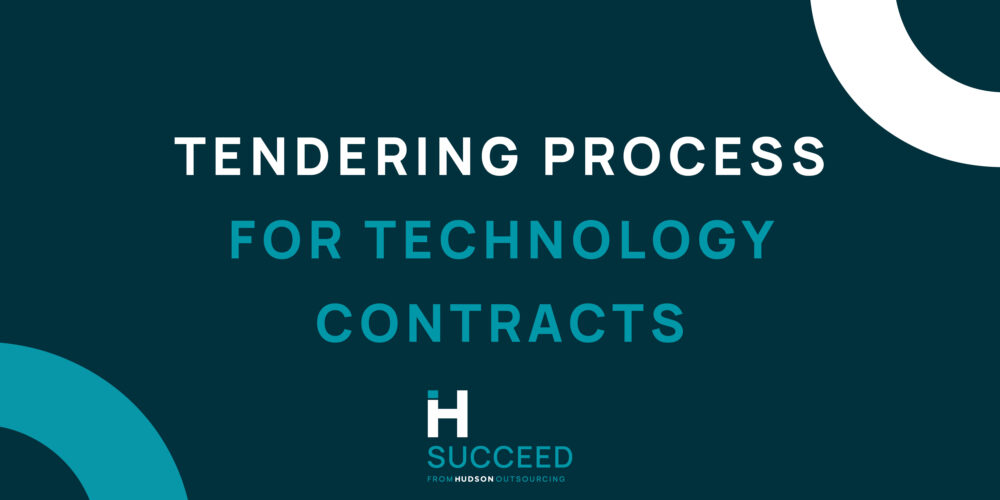Bid Writing in the Construction Sector
Last updated: Dec 17, 2021 @ 10:41 am
A client might issue an invitation to tender for a range of contracts. These might include providing a service, equipment or the completion of a project.
Bid Writing in the construction sector is all about how you respond to these tenders.
Construction Sector Bids
Tendering for contracts in the construction sector most commonly follows a two-stage tendering process. These two stages are known as the Pre-Qualification Questionnaire and the Invitation to Tender.
PQQ
The PQQ is a series of questions you will need to answer regarding your level of experience, ability to complete the works successfully and financial stability.
Your answers to this first part of the bid will enable the Client to decide if you can deliver the quality standards they require.
The PQQ is a standard form which you will come across regularly when bid writing in the Construction sector (and more widely).
The purpose of the PQQ is to reduce the number of bidders to just those who can genuinely deliver the project. This saves the client a lot of time and cost.
It also reduces the competition for you as your bid is only in competition against a few other suppliers for the construction works.
Invitation to Tender
If your bid is shortlisted, you will receive an invitation to tender (also known as an ‘ITT’).
Construction tenders often include the following information:
- Letter of Invitation
- Invitation to Tender document
- Form of Tender
- Preliminaries
- Details on the Form of Contract and Contract Conditions
- Specifications
- Design Drawings
- Tender Pricing Document
- Associated Appendices
Additional Information
Sometimes there are also additional information packages which are issued as part of the ITT. These vary depending on the requirements of the contract. For example, construction of buildings might also include:
- Building Information Modelling (BIM) information and requirements.
- Condition Surveys
- Copies of previous reports on the land or site within the working area
When bid writing in the construction sector you need to read and understand every document issued by the Client. This will be vital for shaping your bid.
What if there is something I don’t understand?
If you are not sure of something you have the ability to ask questions of the Client organisation. This is called a Clarification and our Bid Consultants can help with this.
Before you submit your bid, you can ask the Client to provide further information on any aspect of the proposed works. Clarifications are normally submitted through a tender portal or to a named contact within the ITT documents.
When the Client responds to any questions, they will post the answers publicly to all shortlisted companies who are bidding. This keeps the tendering process fair for all.
Responses to clarifications raised can sometimes lead to changes in the tender information. This may also result in an extension of the submission deadline.
Writing the Bid
When writing winning bids for the Construction Sector, your response will be guided by the Tender documentation. This will detail the information you need to submit as part of a compliant tender.
A bid for the Construction Sector normally includes the following information as a minimum:
- Completed PQQ
- Bid Pricing documents
- Bid Quality Response
- Form(s) of Tender
- Bid Declaration(s)
- Appendices and/or supporting information
The exact response requirements will be detailed in the ITT documents created by the Client.
MEAT
Nearly every construction bid will be evaluated in the same method. This is known as ‘MEAT’ and it stands for
Most Economically Advantageous Tender
What this means, is the client is looking for a contractor who can provide the best value throughout their bid. Therefore, this gives the best chance of delivering a successful project.
Warning:
It is important you don’t misunderstand what this means for your bid. Being economically advantageous does not necessarily mean ‘cheapest’.
Do not make the mistake of deliberately pricing low-cost bids in an effort to win. This will result in you risking two outcomes:
- You may end up completing the project at a loss, meaning you lose money instead of making it!
- Annoying your clients by either failing to meet quality standards or having to request additional funding later on or, at worst – breaking contract and/or getting thrown off site!
Instead, you should write your bid to demonstrate clearly and concisely how you will deliver an outstanding service to the client:
- Completing the construction to meet the client’s specifications.
- Provide a quality construction team who can safely deliver the works.
- Provide added value to the construction works.
Let’s break this down…
1. Meeting Specifications
When bid writing for a construction sector tender you should clearly demonstrate how you will deliver the required works:
- Show the client you know how to will meet the needs of the works.
- Give examples of your track record achieving similar specifications.
- Provide references and testimonials for each example where possible.
2. Provide a quality construction team who can safely deliver the works.
Demonstrate in your bid that the team delivering these works have the capability and experience to guarantee a successful project. This can include:
- CVs
- Summary introductions to team members
- Provision of qualification documents
- Examples of previous projects
- Examples of track record working together with the Client and or contract partners
The key point to remember is you need to provide confidence to the client that your team know what they’re doing and will deliver the project successfully
As part of your bid, you may be invited to interview before the award stage. This is a chance to introduce key people to the Client and let them showcase their expertise, providing confidence in them, and your bid.
3. Provide added value to the construction works
This is an important (and often forgotten) part of your bid. Writing about how you can provide added value to the construction contract is a big part of being economically advantageous. What you can offer will vary from bid to bid, but examples of what it can include are:
- Planning works to minimise project costs e.g. ordering materials in bulk to save cost and well before they’re needed to prevent delays.
- Reducing (or removing altogether) waste from your site by repurposing it. E.g. turning waste wood into outside seating for a local benefactor.
- Investment in the Client’s customers e.g. employing local people or subcontractors to deliver the works?
- Upskilling the communities where you work with work placements/skills workshops etc.
- Increasing quality of life for local residents by providing free to access events and resources. Examples of this include coffee mornings for local elderly residents, hosting soup kitchens for rough sleepers or donations to local food banks.
Remember the basics
At the same time as factoring in all the above, remember the basics for tendering:
- Answer the question.
- Be clear and concise.
- Review your response.
- Proofread, then proofread again.
- Submit in plenty of time.
If you’re unsure how you should write your bid for the construction sector, or if you need any further advice on writing technical bids, or just wish to learn more about tender writing in general, get in touch with our Bid Writers at Hudson Succeed today.
Alternatively, have a look at our virtual learning environment, Tender VLE, the first of its kind to provide advice and tips on all things tendering.
Construction Tenders
Are you currently looking for new business opportunities in the Construction sector? Visit www.construction-tenders.co.uk for sector-specific contracts, uploaded daily by our Opportunity Tracking team.
Find more helpful tips and advice in our blogs. We cover topics including:










